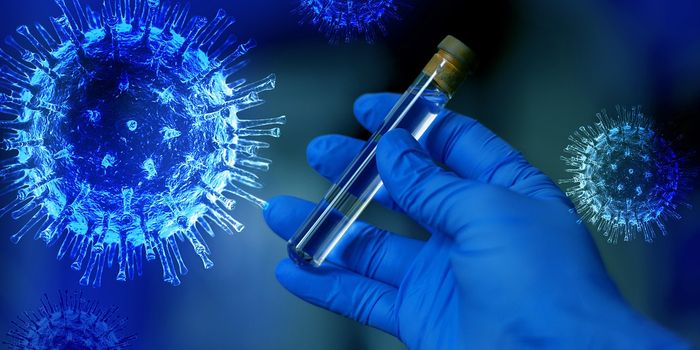Rainbow trout hold the key to unravelling immunological mysteries
What do the gut microbiome, antibodies, and rainbow trout have in common? A lot, says researcher J. Oriol Sunyer from the University of Pennsylvania’s School of Veterinary Medicine.
As the featured cover story of a recent edition of Science Immunology, Sunyer and colleagues have led a study to better understand the biology of mucosal antibodies, using a unique experimental model — the rainbow trout. In particular, the scientists were interested in IgT, a highly specialized and primitive immunoglobulin, which is specifically associated with mucous membranes.
Examining the microbiome dynamics in the mucosal lining of trout gills revealed that the role that IgT plays in immune protection is indeed a complex one. This antibody performs two seemingly contradictory functions, one to resist the overgrowth of pathogenic bacteria, while simultaneously creating an environment where healthy, beneficial bacteria flourish.
Rodents and cell culture systems have been far more commonly-used experimental models of immunology. So, why trout? "Fish are the earliest bony vertebrates to possess a mucosal immune system, and so the fact that fish possess a specialized immunoglobulin that does both jobs suggests that these two processes are so fundamentally important for vertebrate survival that they arose concurrently, early on in evolution," says Sunyer, who has been using fish models to answer evolutionary and immunological questions for over two decades.
In mammals, the immunoglobulin IgA seems to be the most analogous to IgT in fish. IgA coats vast surface areas of the respiratory, gastrointestinal and genitourinary tracts and are important mediators of preventing pathogenic microorganisms from invading. Disruptions to IgA-mediated protection could see a shift in the microbiome landscape within these tissues. As more and more emerging evidence is suggesting, such changes to the microbiome are critical drivers in the development of metabolic, malignant and even neurological conditions.
Sunyer believes that we cannot solely rely on mammalian systems to address these difficult immunological questions, saying, “Rainbow trout will help us discover the underlying mechanisms by which the interactions between immunoglobulins and the microbiome influence immunity, metabolism, cancer, and much more."
Sources: Science Daily, Science Immunology.









